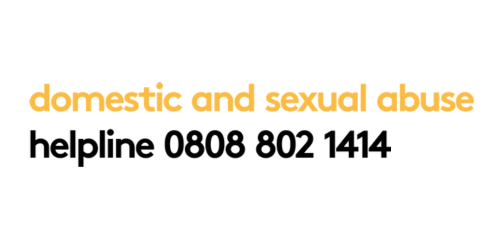This gives members of the public a ‘Right to Ask’, a formal mechanism to make enquiries about an individual who they are in a relationship with, or who is in a relationship with someone they know, where there is a concern that the individual may be violent or abusive towards their partner.
The concerned relative or friend will not, under normal circumstances, receive any information on the person causing concern. If a disclosure is deemed necessary, lawful and proportionate, the person potentially at risk will receive the information or the person best placed to safeguard that individual (in exceptional circumstances only).
The scheme also creates a formal mechanism for the PSNI to tell both men and women, who are potentially at risk of abuse from their partner, about that partner’s past where a proactive decision is made to consider disclosing the information in order to protect a potential victim.
If Police checks show that the individual has a record of violent or abusive behaviour, or there is other information to indicate you, or the person you know may be at risk from their new partner, the Police will consider sharing this information with the person at risk.
The aim of this scheme is to increase public safety and afford victims of domestic abuse with better protection by enabling potential victims to make an informed choice on whether to continue the relationship. It also provides help and support to assist individuals when making that choice.
The ‘Right to Ask’ is the powerful message behind this scheme.
The Police Service of Northern Ireland is empowering both men and women who are potential victims of domestic abuse and / or their concerned friends and family, with the right to ask about the new partner. In the past, it could have been difficult for someone entering a new relationship to find out or be aware if their new partner had prior convictions for violence or domestic abuse.
You can find out more at https://www.psni.police.uk/cri…
